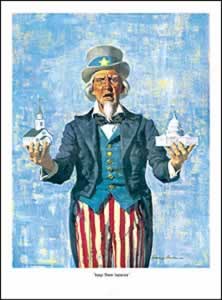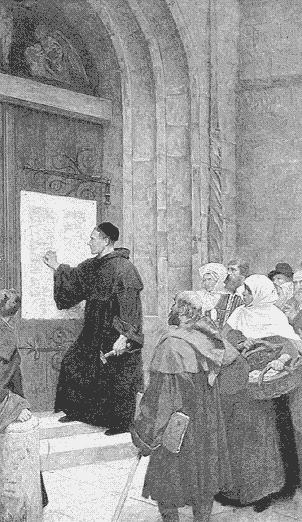An introductory booklet on the visit, distributed in parishes throughout England, Wales and Scotland, states, John Paul II already made history in 1982 as the "first Pope to set foot on these islands in centuries."
It explained that Benedict XVI's visit will now "cement the goodwill which has grown since and open a new chapter," as the Pontiff addresses "the entire population, at the request of the Queen."
It added that this is "truly history in the making" as it is the first time a Pope has visited the United Kingdom at the queen's invitation.
It also explained that as a guest of the queen, the Pontiff "comes primarily as a visitor to all the people of the United Kingdom, not just those who are Catholics," and "on more than one occasion he will speak to the nation as a whole."
In this way, the booklet noted, the Holy Father will encourage exchanges between the Church and "enlightened political leaders," emphasizing shared goals for the common good. Source
This development is another in a long line of fulfillments of Bible prophecy in our time, and some historical perspective would reveal that these developments foreshadow Rome's assumption of authority over the European Union, her true motive here:
"Wycliffe was a keen detector of error, and he struck fearlessly against many of the abuses sanctioned by the authority of Rome. While acting as chaplain for the king, he took a bold stand against the payment of tribute claimed by the pope from the English monarch, and showed that the papal assumption of authority over secular rulers was contrary to both reason and revelation. The demands of the pope had excited great indignation, and Wycliffe's teachings exerted an influence upon the leading minds of the nation. The king and the nobles united in denying the pontiff's claim to temporal authority, and in refusing the payment of the tribute. Thus an effectual blow was struck against the papal supremacy in England." GC88
"In England the establishment of Protestantism as the national religion diminished, but did not wholly stop, persecution. While many of the doctrines of Rome had been renounced, not a few of its forms were retained. The supremacy of the pope was rejected, but in his place the monarch was enthroned as the head of the church. In the service of the church there was still a wide departure from the purity and simplicity of the gospel. The great principle of religious liberty was not yet understood. Though the horrible cruelties which Rome employed against heresy were resorted to but rarely by Protestant rulers, yet the right of every man to worship God according to the dictates of his own conscience was not acknowledged. All were required to accept the doctrines and observe the forms of worship prescribed by the established church. Dissenters suffered persecution, to a greater or less extent, for hundreds of years." GC 251
"In both the Old and the New World, the papacy will receive homage in the honor paid to the Sunday institution, that rests solely upon the authority of the Roman Church." GC 578
"...a decree will finally be issued against those who hallow the Sabbath of the fourth commandment, denouncing them as deserving of the severest punishment, and giving the people liberty, after a certain time, to put them to death. Romanism in the Old World, and apostate Protestantism in the New, will pursue a similar course toward those who honor all the divine precepts." GC 615


 Source
Source















1 comments:
kyrie 6 shoes
balenciaga
nike epic react
kyrie 6
ferragamo belts
air max 2019
yeezy boost 350 v2
nike air max
ralph lauren uk
jordan retro
Post a Comment